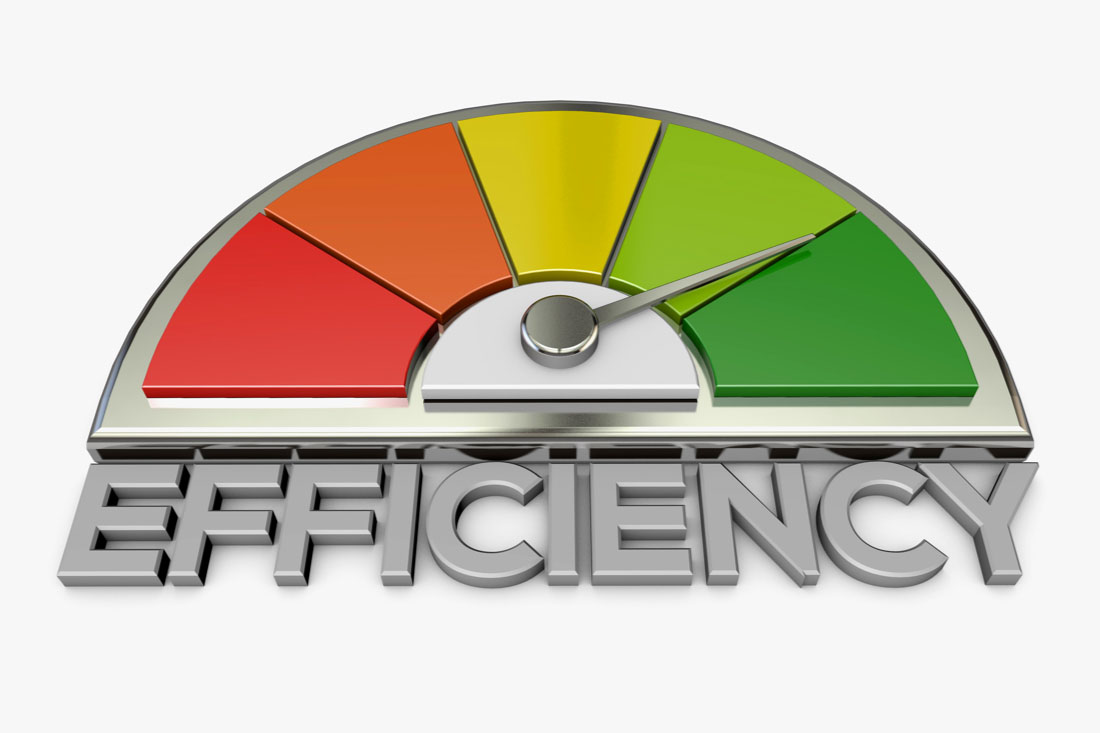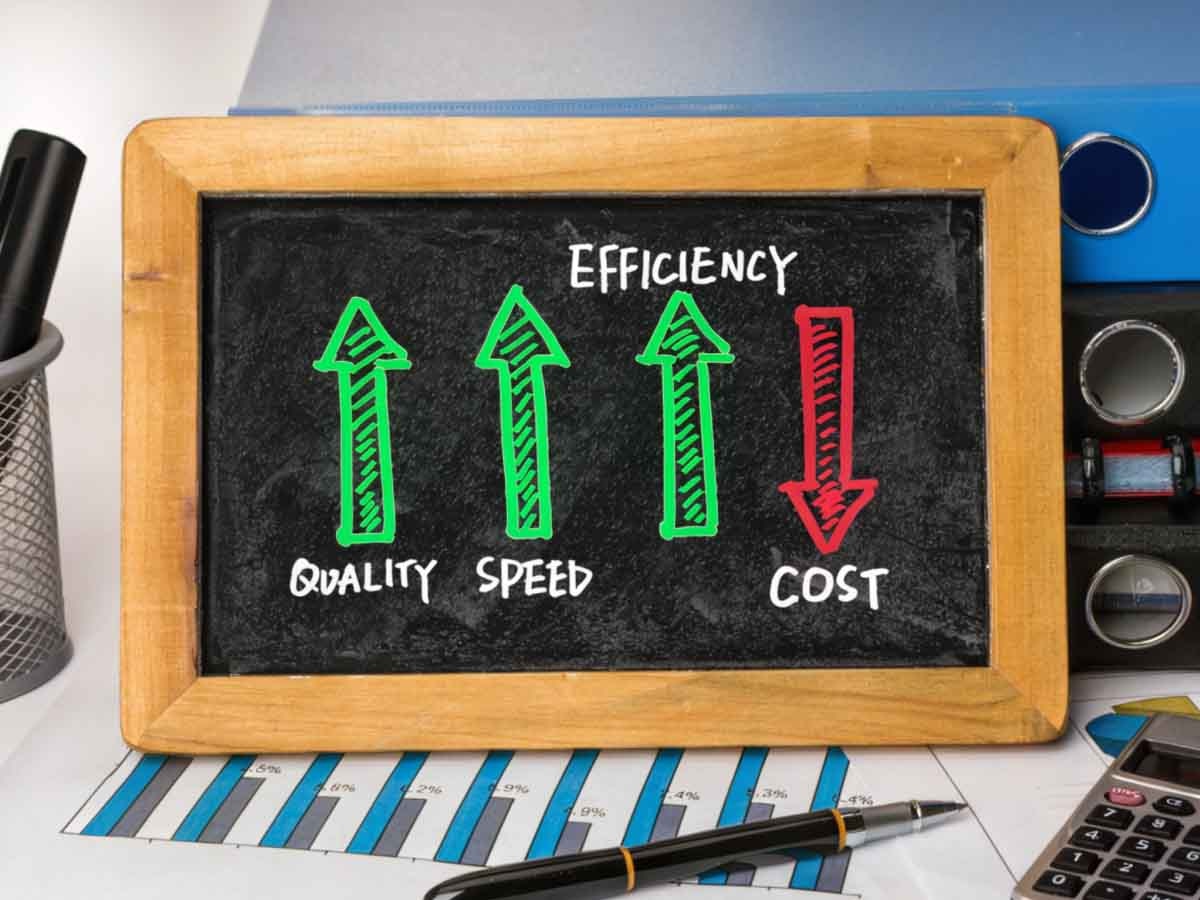Part 3 of a 4-part blog series
Read Part 1: The Employee Perspective
Read Part 2: The Manager Perspective
It’s no secret at this point that the future of work will take place mostly across remote and hybrid environments. As an HR professional, this new era of work brings benefits that make your job easier, such as access to a bigger talent pool. At the same time, evaluating and improving the employee experience can be more difficult in a primarily digital workspace.
The acute disruption to everyday work and personal lives coupled with the stresses of adapting to remote work practices have raised concerns about the overall health of the workforce. Employee engagement, well-being, and burnout are critical challenges faced by organizations today. HR teams in particular are struggling to mitigate the damaging impact of these factors on individual and business health and productivity.
Data-informed solutions such as workforce analytics are a step towards understanding the various factors that affect key employee metrics such as engagement, productivity, morale, retention, and well-being. These digital insights can spotlight hidden non-obvious sources of disconnect, allowing businesses to respond with remedial measures and address issues early.
A privacy-centric, people-first approach when implementing any technology that leverages employee data is crucial to maintain and strengthen employee trust. To this end, HR teams should design policies that reflect feedback from employees and frontline managers in the overarching workforce management strategy for the modern workplace.
Let’s look at some of the privacy-related considerations that impact HR and how they can be addressed with the right workforce analytics solution.
Privacy-protected Data Insights Enhance Employee Experience
We are witnessing the impact of burnout on work-from-home employees, contributing to the Great Resignation. The abrupt shift to remote and hybrid work exposed gaps in our understanding of the impact of distributed work on employees’ mental and physical well-being. Social isolation, lack of connection, constant disruptions, and virtual meeting fatigue all contribute to burnout and the ensuing mass exodus. Onboarding employees in this new era of work can be challenging, too. It’s often difficult to assess the right level of support and connection needed to assimilate new employees into the company culture.
Workforce analytics solutions that collect data without compromising the privacy of employees can play a crucial role in measuring key metrics and trends related to the employee experience, without being intrusive or invasive in their practices. Oftentimes, employees are hesitant to raise their hands and ask for support and resources, in the event that they are perceived to be inefficient or incompetent. The work data collected by these technologies can call attention to potential roadblocks and challenges faced by employees, whether it pertains to technology hurdles or over-utilization concerns that could cause frustration and fatigue. Workforce Analytics technologies help HR prioritize overall employee experience and institute policies and processes to enhance them.
People-Centric HR Policies Strengthen Employee Trust
Privacy laws vary widely from country to country and state to state in the U.S., so it is often HR’s responsibility, in conjunction with legal, to comply with applicable laws and protect the data rights of employees. What does being people-centric mean when it comes to workforce analytics? It comes down to building company policies and fostering a culture that is committed to creating a positive environment in which employees are respected and valued.
These fundamental principles greatly influence data privacy practices integrated into everyday business operations. Common implemented data privacy best practices revolve around the following pillars: contextual data collection; excluding sensitive employee data; promoting confidentiality through data anonymization and aggregation; setting role-based permissions for responsible data sharing; and regularly auditing the data being collected.
As an HR professional, you can advocate for the power of data insights to help employees lead more fulfilled, engaged, and productive work lives that balance data privacy with business operations and visibility needs. Privacy-centric workforce analytics, when implemented effectively, allows companies to improve employee engagement, reduce burnout risk, help teams preserve their focus time, and promote a healthy workload balance.
Privacy-conscious Data Practices Protect and Reassure Employees
Aside from major privacy regulations like GDPR in Europe and a handful of standards and regulations in the US, the global data privacy landscape is extremely fragmented. In the absence of any universal governing laws, the HR role is vital in setting appropriate data privacy guidelines that allow for business operational visibility into workforce productivity, process inefficiencies, and employee experience.
How can HR teams determine the level of privacy that best fits their organizational culture without compromising on the essential data intelligence and visibility that sustain productivity and competitiveness? Modern workforce analytics solutions recognize the importance of data privacy considerations to their customers and employees and integrate privacy-centric practices in their approach. Offering multiple data privacy settings and configurations within their platform, together with contextual data where applicable, for example, allows businesses to select the right balance based on their unique culture and business needs.
The right privacy-conscious workforce analytics technologies allow you to achieve your organization’s business objectives and protect customer and employee private and sensitive data. And progressive businesses further educate and empower all employees to leverage the power of data insights as an instrument of self-improvement, growth, and development, leading to better outcomes for the individuals and company as a whole.
Data Trends Minimize Bias and Promote Fairness in Performance Decisions
One of the biggest employee concerns about workforce analytics is that data will be used without context to influence career and performance decisions — appraisals, promotions, bonuses, etc. But when used appropriately, a workforce analytics solution paired with additional data analysis ensures data insights are supportive to the employee.
HR plays a big role in defining what is considered fair use of data to inform career progression decisions and personal development. For example, evaluating employee work patterns over time through continuous measurement is a better indicator of consistent productivity and progress than point-in-time surveys or subjective manager assessments that could be biased. You might also use workforce analytics to spot early signs of burnout or imbalance in a team’s workload or staffing needs across business units.
Workforce analytics technology is designed to encourage continuing, progressive, data-driven conversations centered around healthy work habits, a supportive environment, and reducing roadblocks that hinder employee success. To give your employees more ownership and understanding of their own work behaviors, we recommend granting them access to their own insights so they can understand and improve their personal work habits, and be proactive about asking for support.
Objective Insights with Context Can Combat Bias and Discrimination
There are many unconscious biases to consider when evaluating the benefits of workforce analytics. Proximity bias, for instance, is the notion that on-site employees are perceived to be more productive than their remote counterparts. Or that the most vocal employees at meetings (or most social) are perceived to have better opportunities at career progression.
Quantifiable data brings equality to the individual employee and team performance and provides an objective counter to unconscious bias and discrimination. It makes it possible for organizations to offer diverse work options including location and schedule flexibility that allow employees to accommodate personal and family needs.
HR professionals play a key role in establishing responsible policies and procedures that apply workforce data insights with context and empathy. A trustworthy workforce analytics tool regularly verifies the accuracy and reliability of its underlying algorithms, to mitigate bias and prevent discrimination against any subset of employees. Industry-leading Workforce Analytics platforms like ActivTrak are easy to configure and deploy, and designed to deliver actionable insights into the unique culture and operational rigor of the modern flexible workplace. Accurate and reliable insights enable each employee at every level of the organization to embrace a data-driven approach to workload balance and fulfillment.
For global organizations, it’s also important to be mindful of cultural sensitivities when trying to avoid bias. Different regions of the world have different laws and viewpoints about data privacy. Therefore it may be difficult to apply a single global policy without adapting to local regulations, cultural preferences, and employee expectations. Trustworthy workforce analytics should be able to ensure privacy and compliance for an international workforce.
Use Workforce Analytics to Help Your People Thrive
For companies striving to help employees achieve their full potential, workforce analytics is a must. ActivTrak is the industry-leading solution to unlock meaningful, privacy-protected insights to better understand the pulse of your workforce. For example, Ship Sticks used ActivTrak to streamline their customer service workflow and deliver higher-quality support, improving both the employee and customer experience.
Find out how our ethical approach to data collection and analysis can help your workforce level up while keeping their privacy protected. Learn more about ActivTrak’s Data Privacy and Controls here. Set up a trial account or request a demo with one of our experts.
About ActivTrak
ActivTrak’s workforce analytics provide predictive insights that help leaders, managers, and employees build trust, deepen engagement and boost productivity in the modern, hybrid workplace. This work is supported by the ActivTrak Productivity Lab, a global center for ground-breaking research and expertise that leverages data sourced from more than 9,500 customers and over 550,000 users. Based in Austin, Texas, ActivTrak is backed by Sapphire Ventures and Elsewhere Partners and is led by a seasoned team of software industry veterans. To learn more visit: https://www.activtrak.com/.





